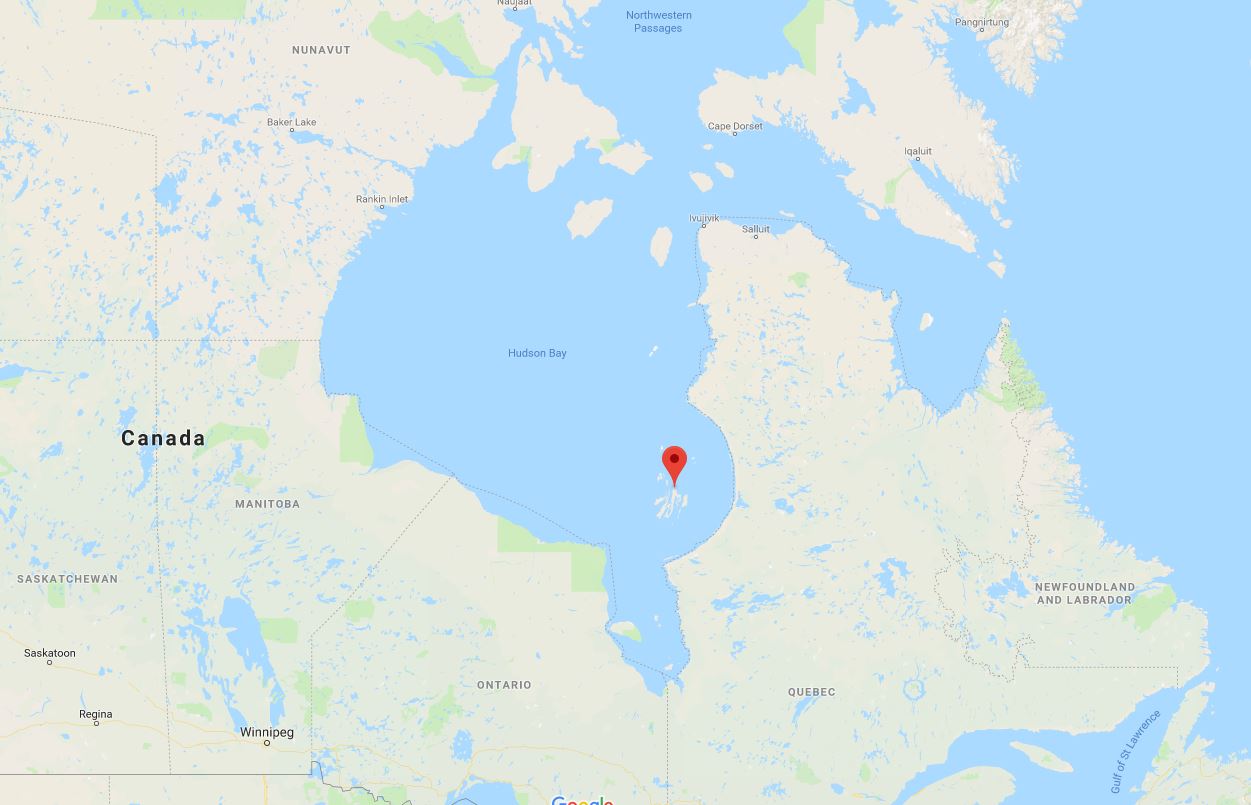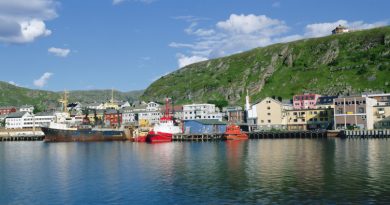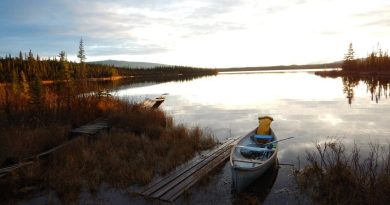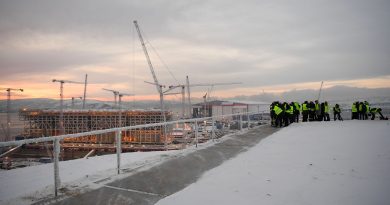Police lift lockdown of Nunavut community

The Royal Canadian Mounted Police in Nunavut said Thursday afternoon that they have lifted the lockdown in the Arctic territory’s southernmost island community of Sanikiluaq.
A suspect has been arrested without an incident, RCMP Const. David Aglukark told Radio Canada International.
“There is no longer any risk to the public and the lockdown has been lifted,” Aglukark said. “The matter is still under investigation.”
Earlier in the day, police had advised the residents of Sanikiluaq, an Inuit community of about 850 people located on the northern tip of the Belchers Islands in eastern Hudson Bay, to “shelter in place and remain inside their residence” as they responded to a “critical situation.”
In a news release issued Tuesday morning , police asked residents to stay away from the 100 block area. The community school was also locked down.
The Nunavut RCMP major crime unit and containment team were on the ground in Sanikiluaq and an emergency response team from the RCMP’s D division in neighbouring Manitoba was also dispatched to the scene.
The incident also prompted Nunavut RCMP to activate its critical incident command system and call in crisis negotiators, police said.
Related stories from around the North:
Canada: Lack of services in Arctic is killing Inuit, witnesses tell inquiry into violence against Indigenous women in Canada, Eye on the Arctic
Denmark: Nordics report high abuse levels against women, Radio Sweden
Sweden: Reports of violent crime increasing in Sweden’s North, Radio Sweden
United States: Survey finds violence against women widespread in Western Alaska region, Alaska Dispatch News



